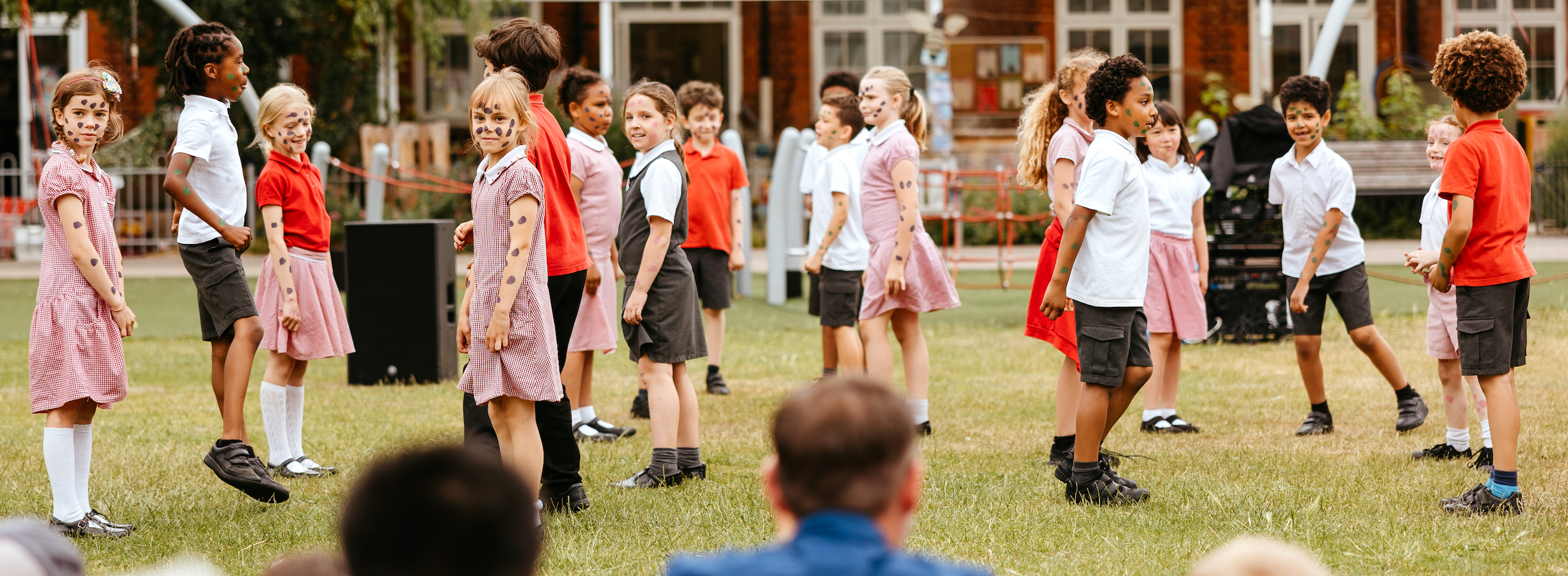
|
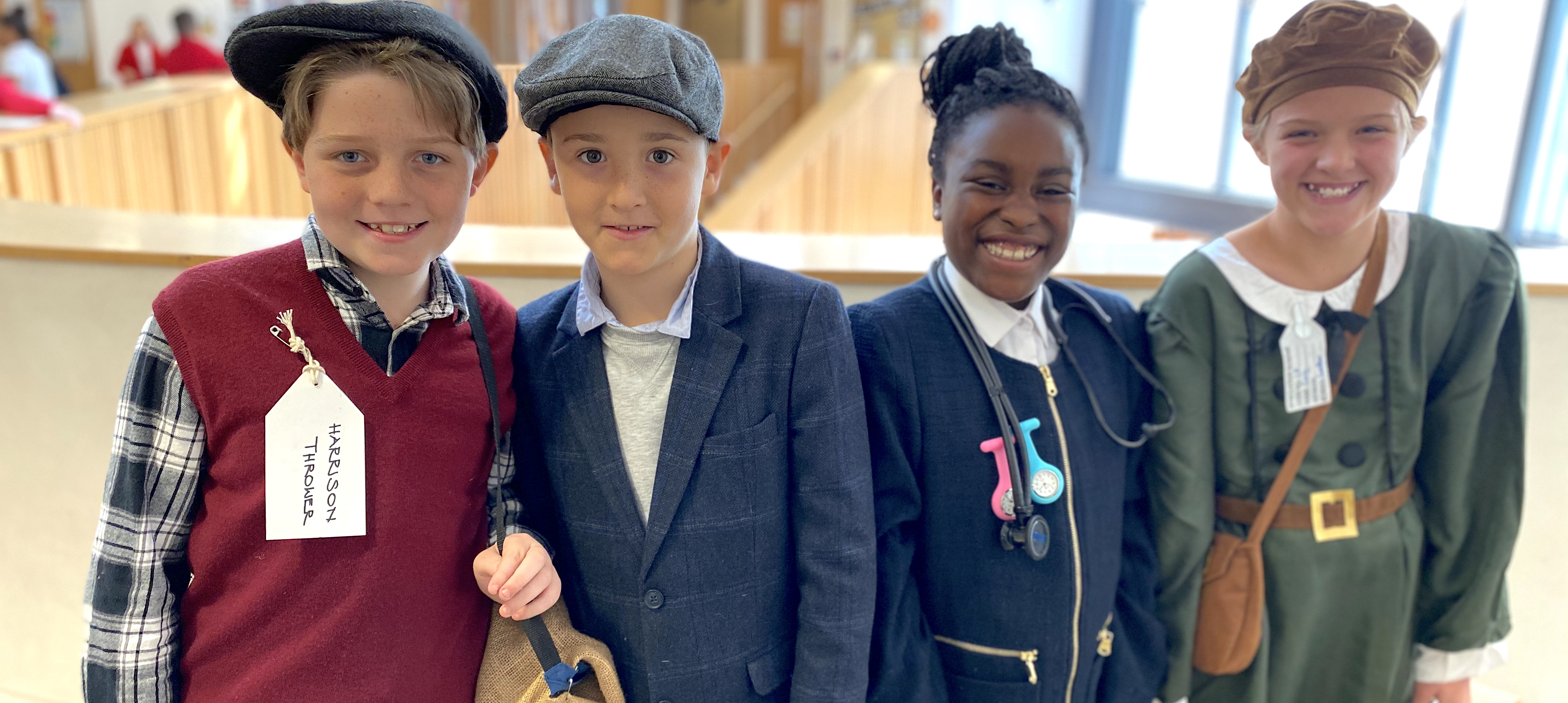 |
|
|
| Lowther Open Days |
At Lowther, we have a very strong ethos around making children's experiences of learning being full of opportunity, fun, excitement, challenge and inclusivity. As a primary school, we believe that children learn best when they are stimulated by an exciting and challenging curriculum which motivates them to learn. Our ethos is centred around providing opportunities for children to be inquisitive about the world around them and to celebrate every child's success. Our aim is to give every child the opportunities to thrive in, and enjoy, all aspects of school life at Lowther. At Lowther lessons are planned according to the variety of abilities within each class. Teachers use a range of teaching strategies to ensure all children are actively involved in lessons and aim for every child to achieve their full potential. A brief summary of our exciting and engaging curriculum is outlined here. You can browse our curriculum by either subject or the areas of focus each year group are working with in the current term. Please click on the relevant links below for further details. We hope you find them helpful, informative and/or useful. Please click here to view how the curriculum is organised at Lowther in more detail. |
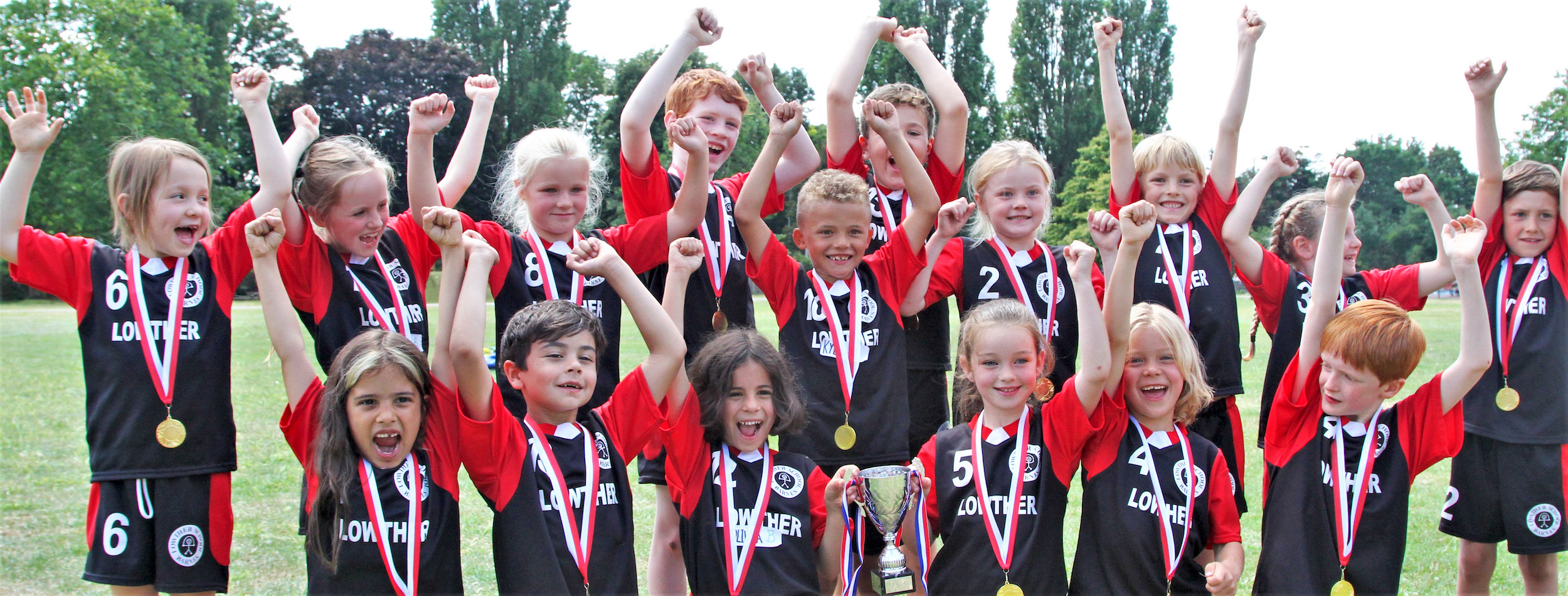 |
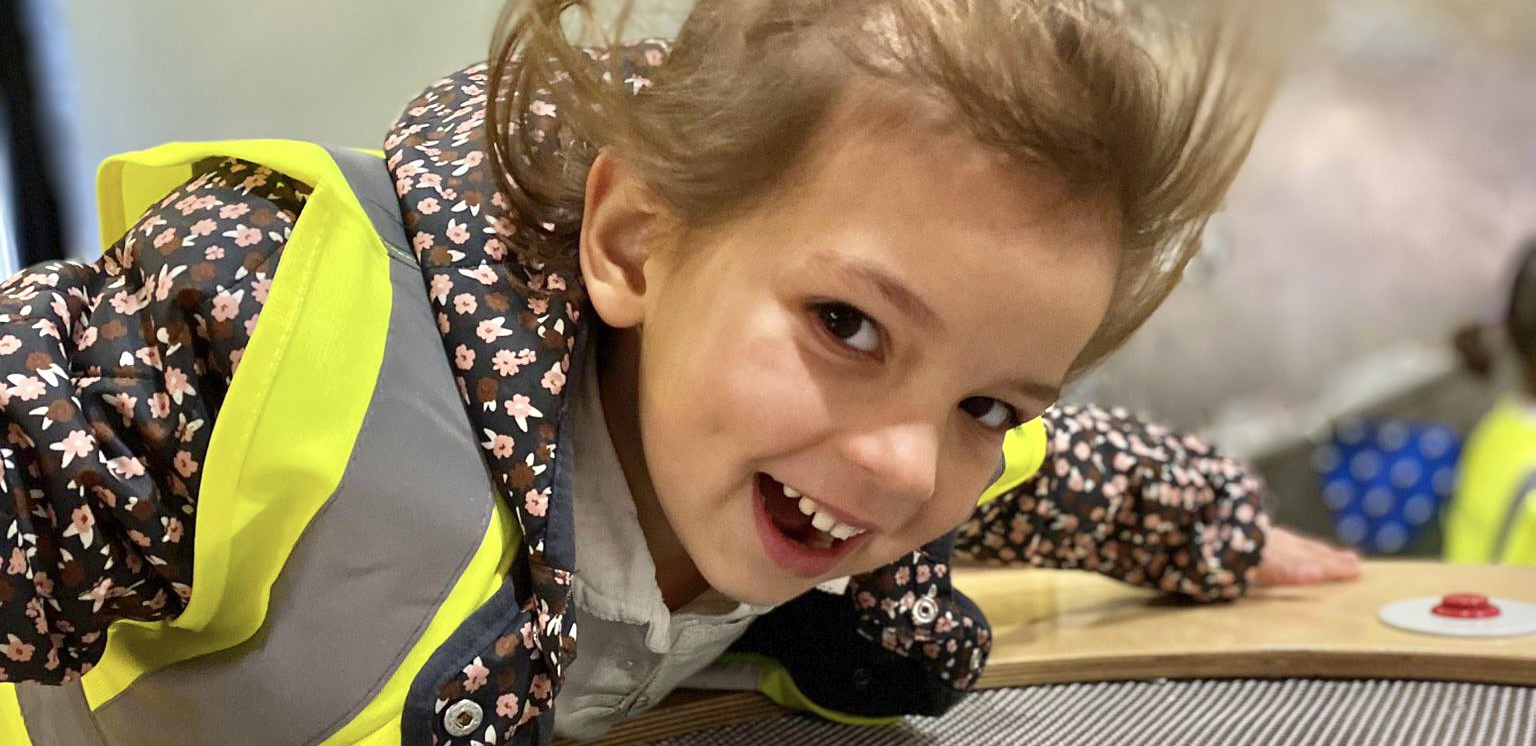 |
|
At Lowther we plan to ensure that every child receives a broad, balanced and engaging curriculum. We want children to reach their potential in reading, writing and mathematics, but we believe that all children have a full entitlement to enjoy learning in all subject areas and the wider aspects of school life. We also put a great deal of emphasis on working collaboratively and providing creative learning opportunities. For different subject areas we have a subject leader monitoring how it is taught, how well children are progressing in the subject throughout the school and what actions the school needs to take to improve the education that children receive. The school provides professional development for subject leaders which helps to build their expertise in leading their subject and supporting colleagues with their teaching and subject knowledge. This helps the school build capacity for further improvement. We follow the National Curriculum and EYFS framework but enhance it with imaginative and creative planning around topics to make the learning experience more coherent, meaningful and enjoyable for our children. We also plan visits out of school and visitors into school to support learning. We aim to develop lively, enquiring minds and a positive, confident attitude towards learning. We plan our lessons so that children become motivated and enthusiastic learners. Teachers at Lowther plan learning experiences so that the children have the opportunity to engage in meaningful learning. Enrichment of learning is a key part of life at Lowther. Opportunities to learn in different ways are an important part of the school day and underpin our ethos towards our curriculum. We empower and encourage our teachers and children to be individuals, to be creative, innovative and brave in their decision making. Our teachers plan in year group teams to ensure there is parity of planned learning experiences. The curriculum is enhanced by a wealth of resources and involvement of the local community. Regular theme weeks and days enhance the curriculum. These give children the opportunities to apply the skills and knowledge they have learnt in Reading, Writing and Mathematics. Examples include Healthy Activity Week, Science Week, Creative Arts week, Book day and Community Day. |
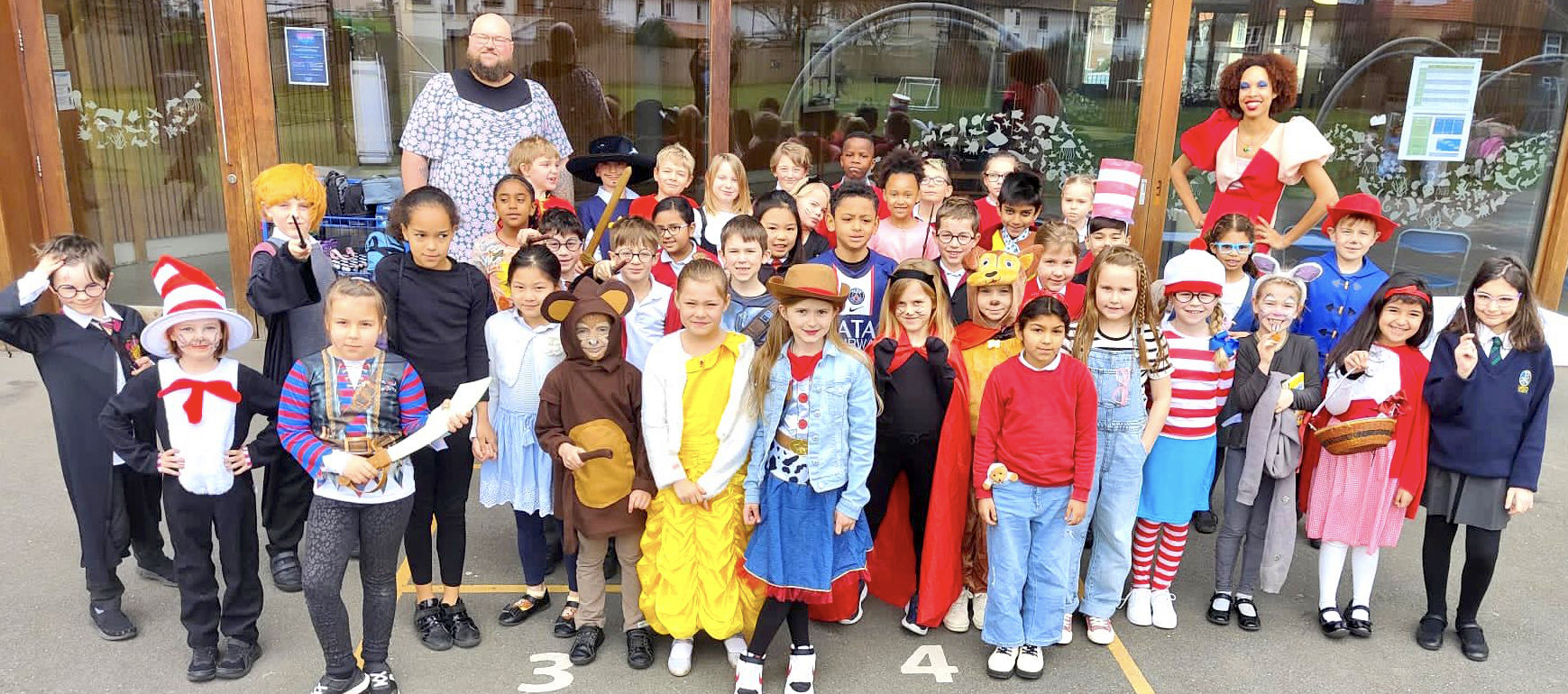 |
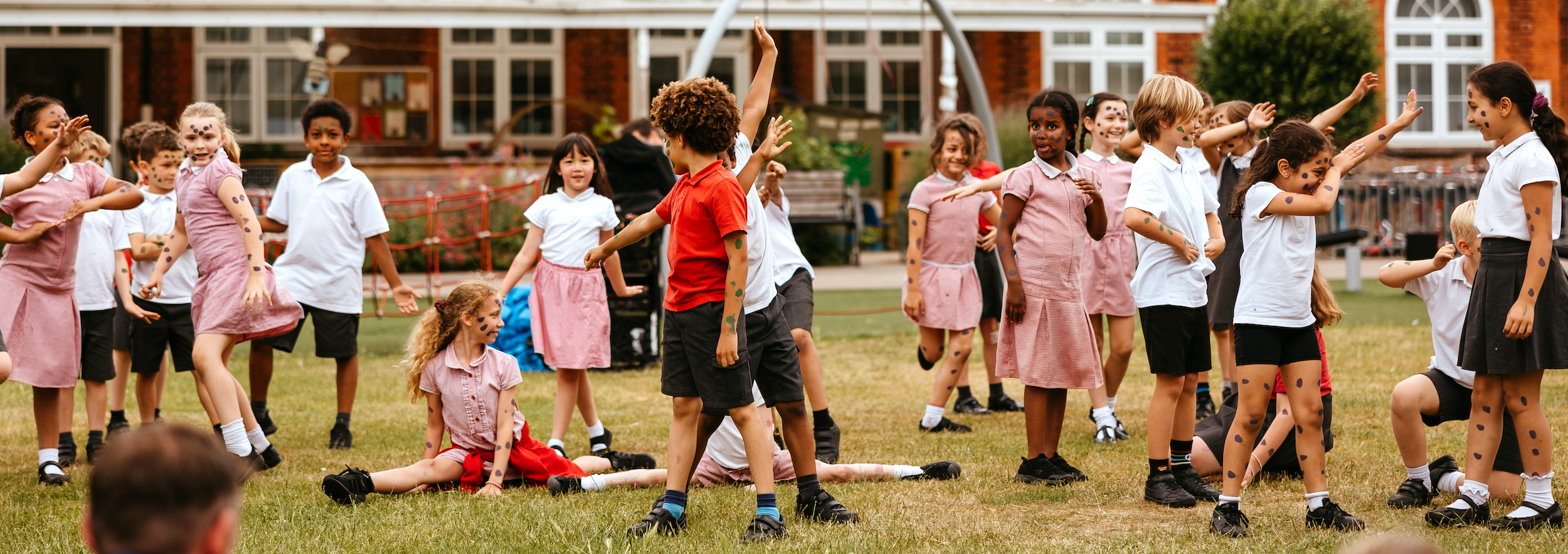 |
|
Art is taught both explicitly through art lessons and through creative activities across the wider curriculum. It is a subject that includes a broad range of skills; such as painting, sculpting, drawing and design, and a variety of media; for example, water colour, clay, line drawing and manipulating different materials to create works of art.
At Lowther School we enrich children's artistic development through a range of experiences in the classroom, around our wonderfully inspiring school site and on trips locally and further afield. There are many opportunities throughout the year for children at Lowther to showcase their artistic talents, build their creative confidence and deepen their interest in the arts, most notably the Creative Arts Week in the summer term, which culminates in a whole school assembly including performances from each class and an awesome Art Gallery. To view some examples of our practical work in this subject area please click here |
||||
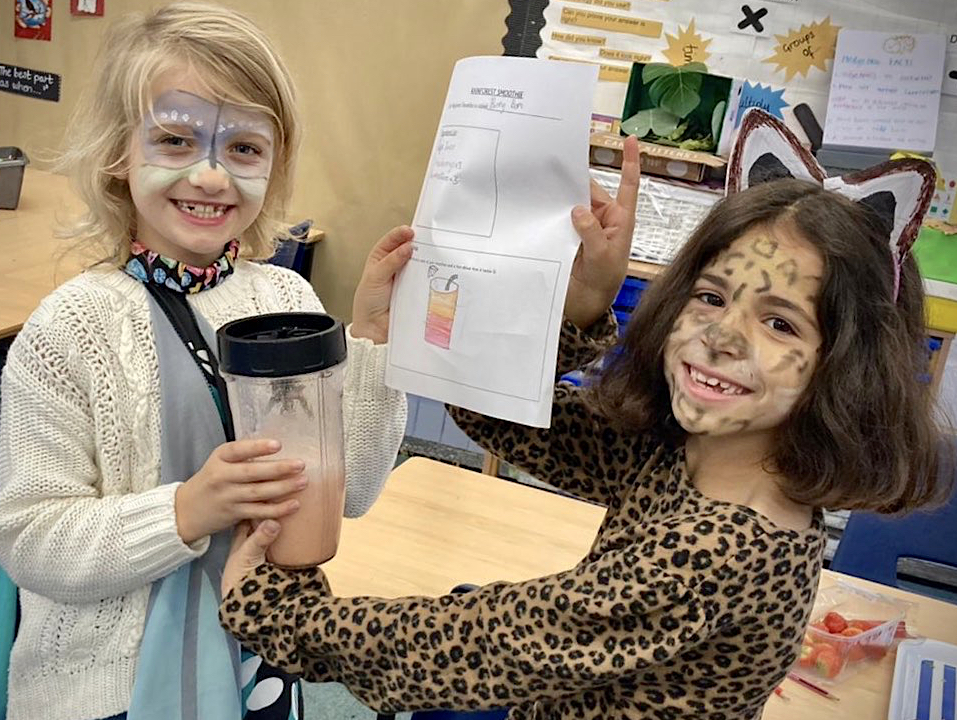 |
||||
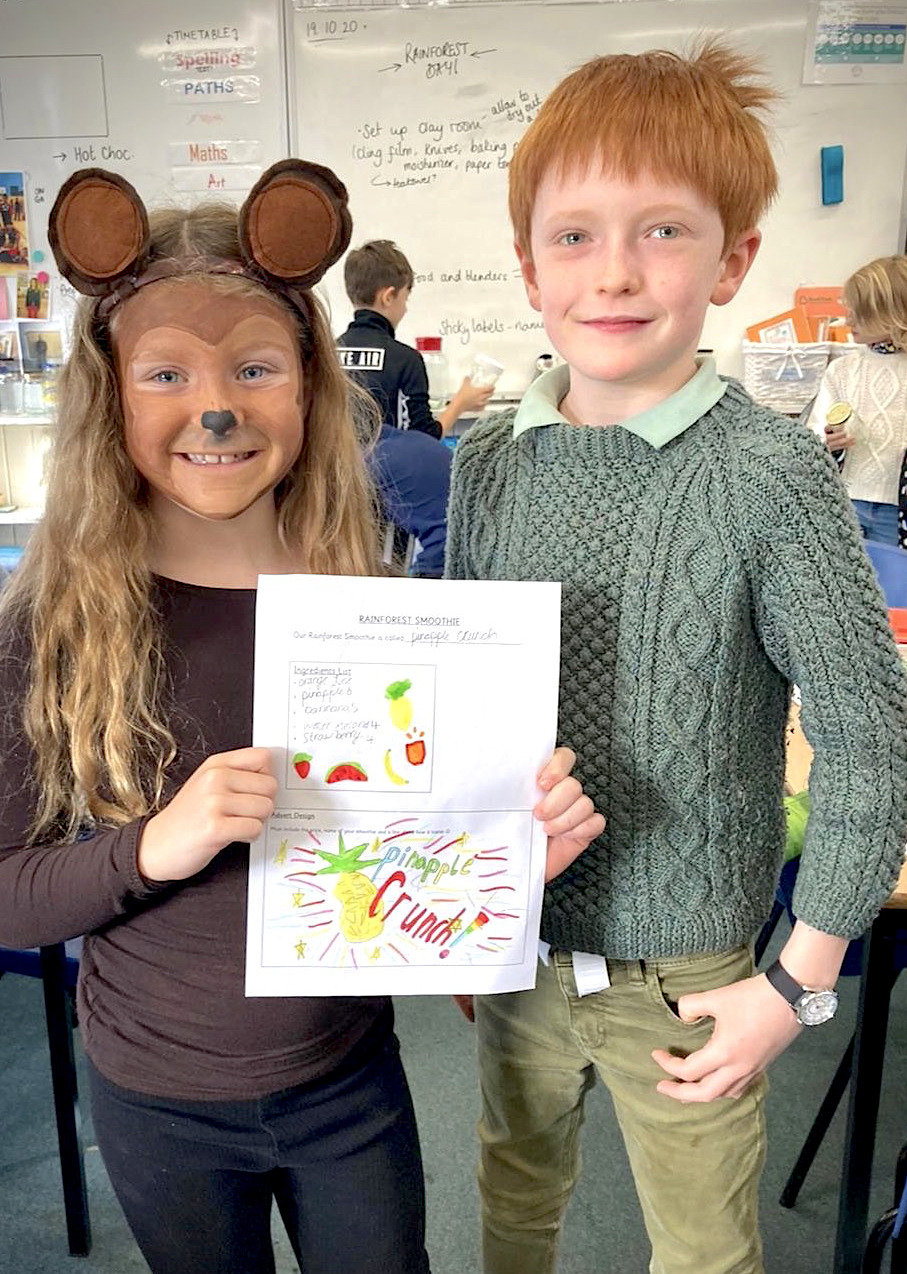 |
||||
 |
At Lowther, we provide an exciting and enriching Computing offer which develops not only our pupils’ computing skills, but continually builds on their understanding of the value of technology in their lives and the wider world around them. From EYFS to Year 6, our pupils progress their understanding of key computational vocabulary and concepts through exposure to a wide range of screen based and unplugged lessons. This in turn embeds the children’s understanding that they are not simply users of technology but creators and controllers of devices in their environment and indeed are young people with both a voice and a contribution to make to the world around them.
Our National Curriculum has been enriched in recent years to build on digital literacy skills and to embrace computational thinking at the heart of its offer. Within our whole-school scheme of work, pupils continue to embed key concepts such as algorithms, sequences and debugging through the year groups with a rich variety of opportunities using interactive touch tables, chrome books, ipads, beebots and Micro:bits - systematically revisiting, reviewing and building on skills. In EYFS, children explore directional language and the use of technology around them, while in KS1, this is developed further with the use of Beebots to control, program and debug devices. In LKS2, Micro:bits are introduced, allowing pupils valuable experience in programming simple computers to perform everyday actions such as recording data and measuring movement. A strong cross-curricular offer continues in UKS2, where pupils develop STEM projects such as reaction games and apply more sophisticated concepts such as variables within their programming. At Lowther, computing is so much more than a screen-based activity. Our children become confident and independent learners, who can readily demonstrate their Information Technology knowledge and Digital Literacy skills through their grasp of web browsers, search engines and software. The safety of our children is paramount at Lowther. We seek to maximise children's awareness of their own safety and security - encouraging the children to evaluate sources of information for accuracy and trustworthiness, discussing how they can become discerning digital citizens while recognising the importance of stranger danger and their own digital footprints. To view some examples of our practical work in this subject area please click here
|
||||
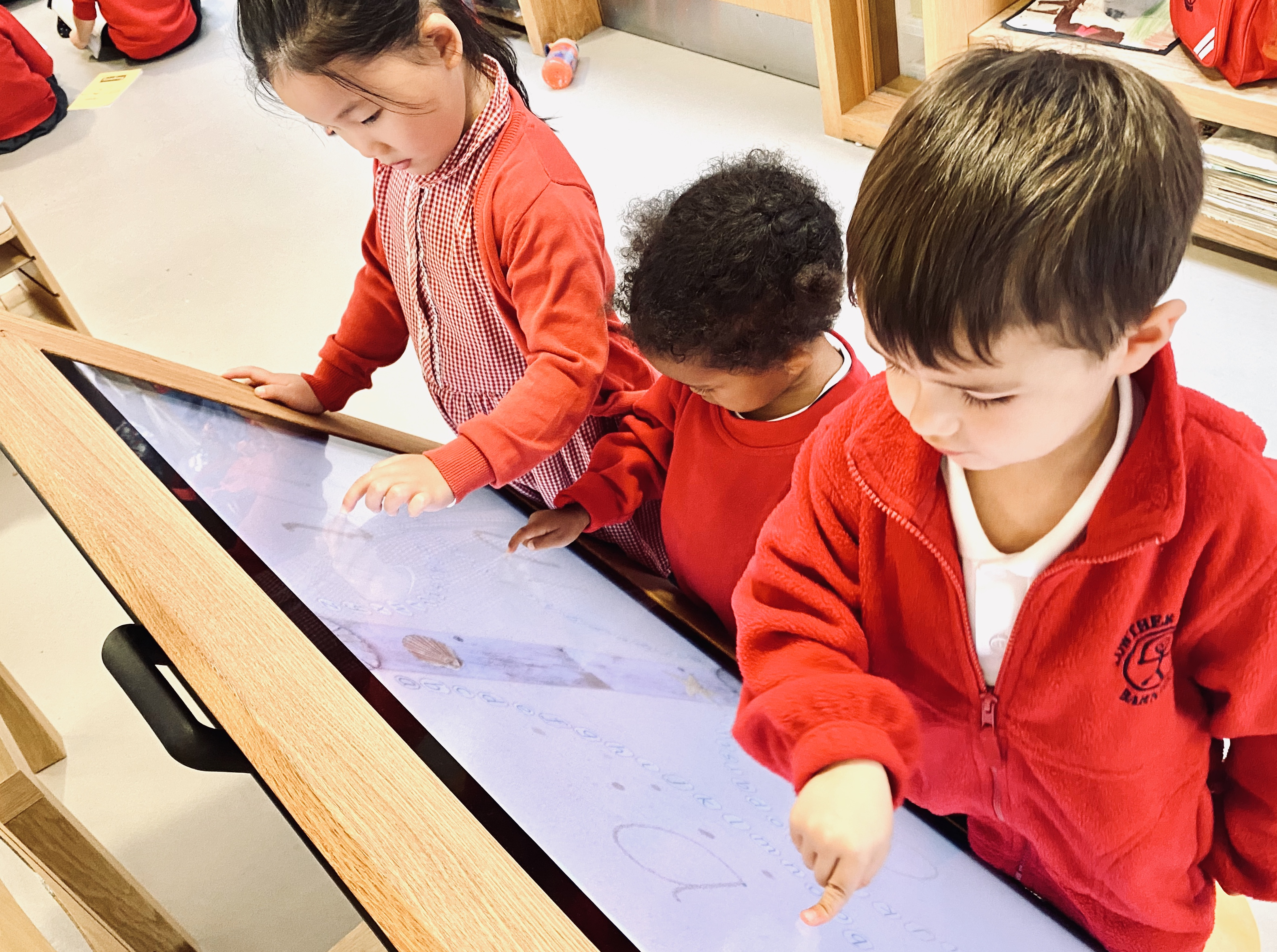 |
||||
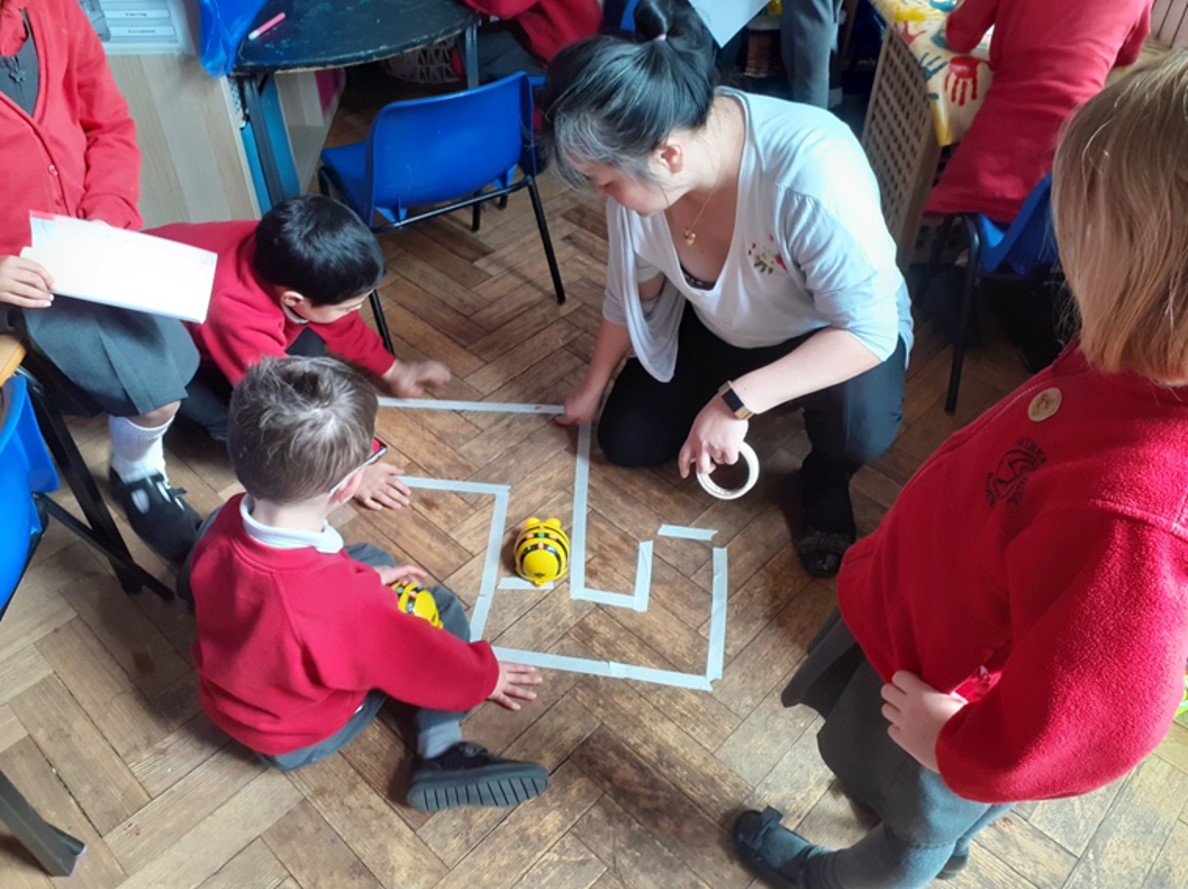 |
||||
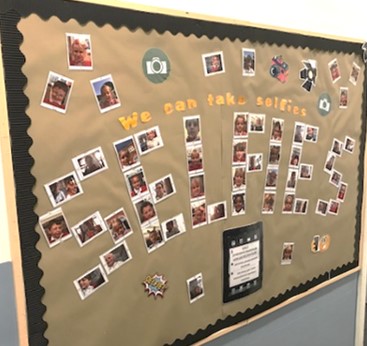 |
||||
 |
||||
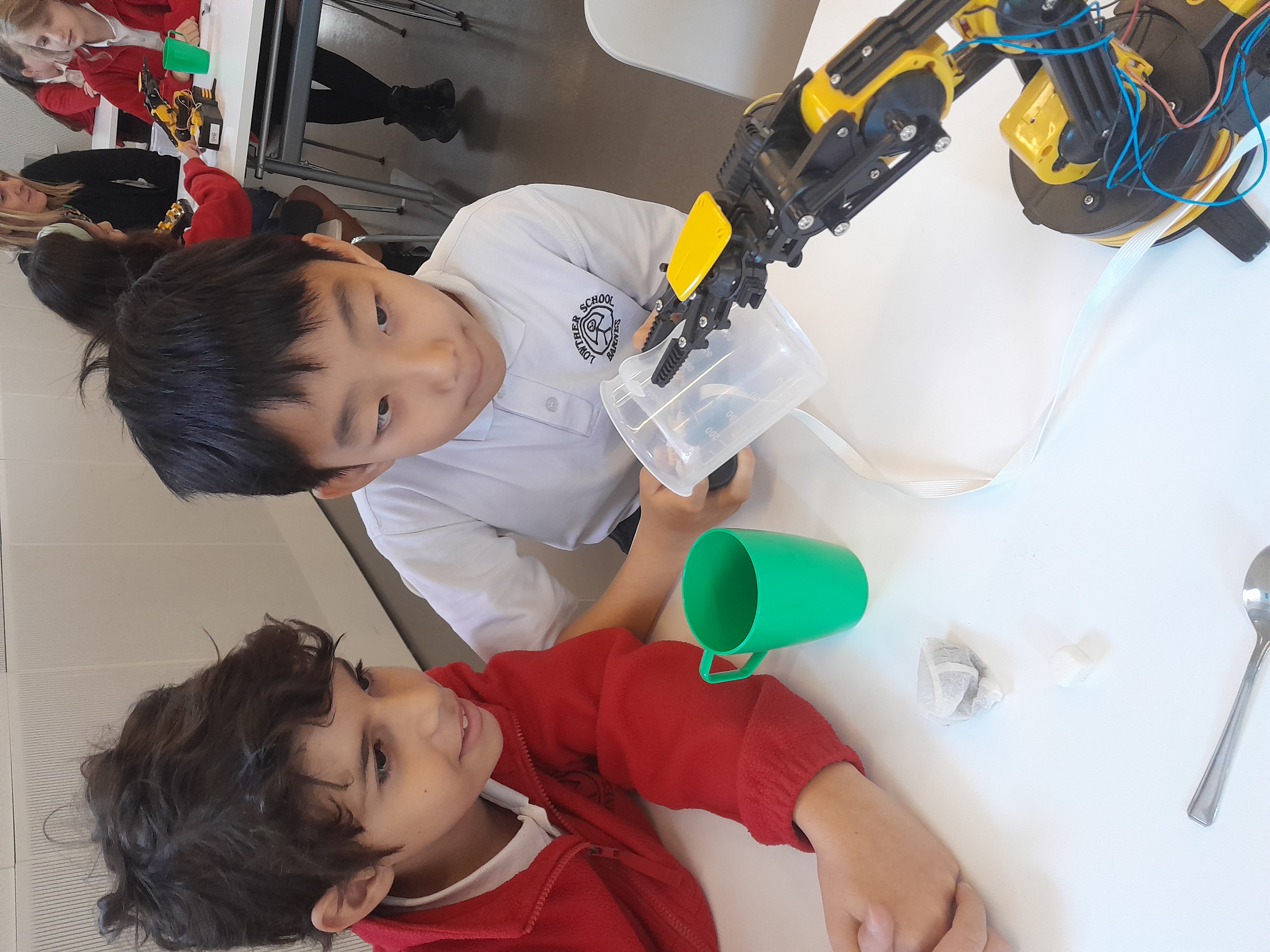 |
||||
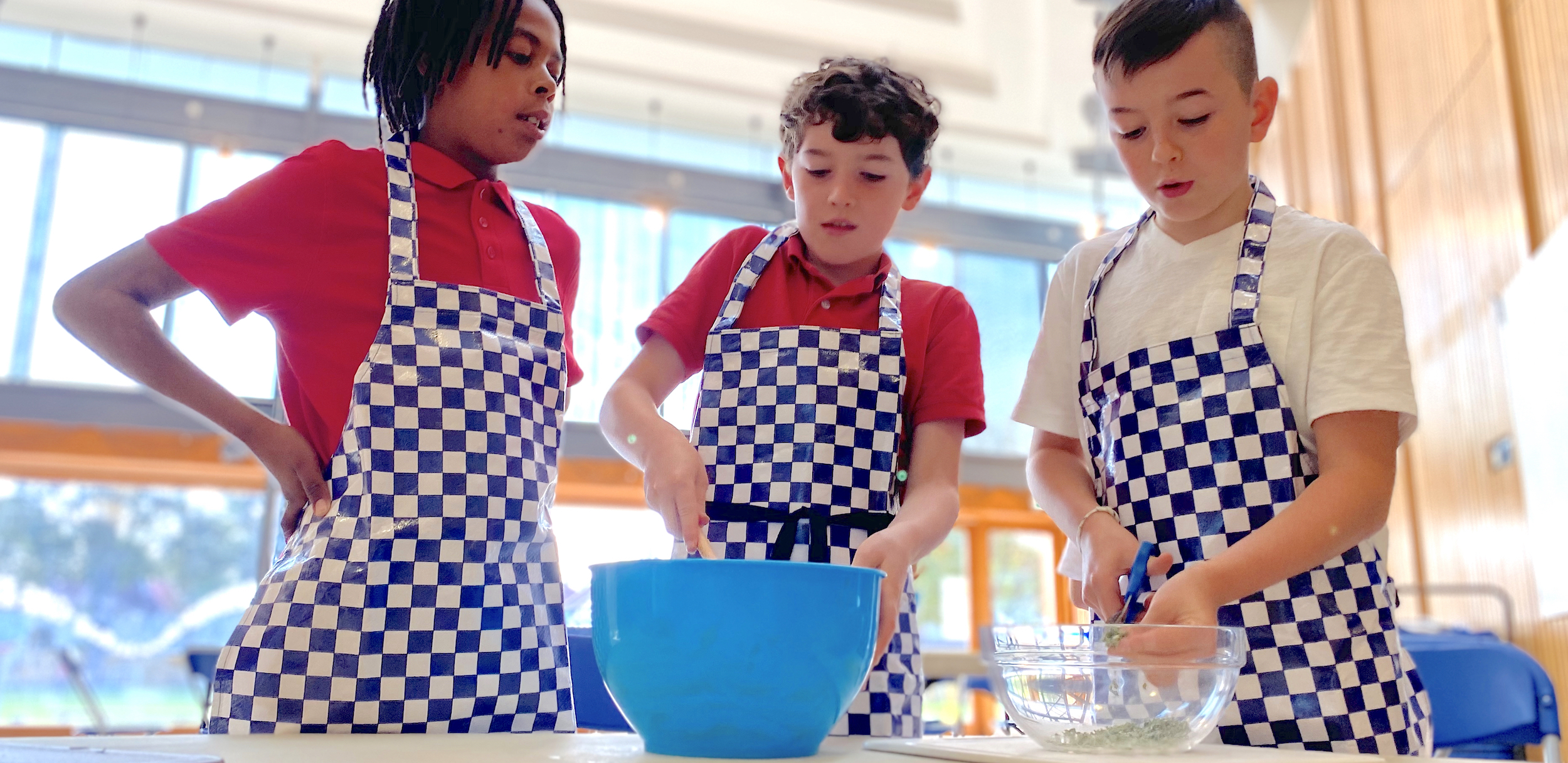 |
Throughout both Key Stages, children will learn about the importance of eating healthy food and make a variety of snacks and dishes with our specialist teaching chefs. Model making is also a key aspect of Design and Technology - skills progress where children learn about making accurate patterns and detailed working drawings through to making models. They develop making and finishing skills to enhance the quality of their work. To view some examples of our practical work in this subject area please click here
| ||||
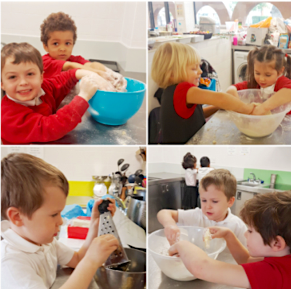 |
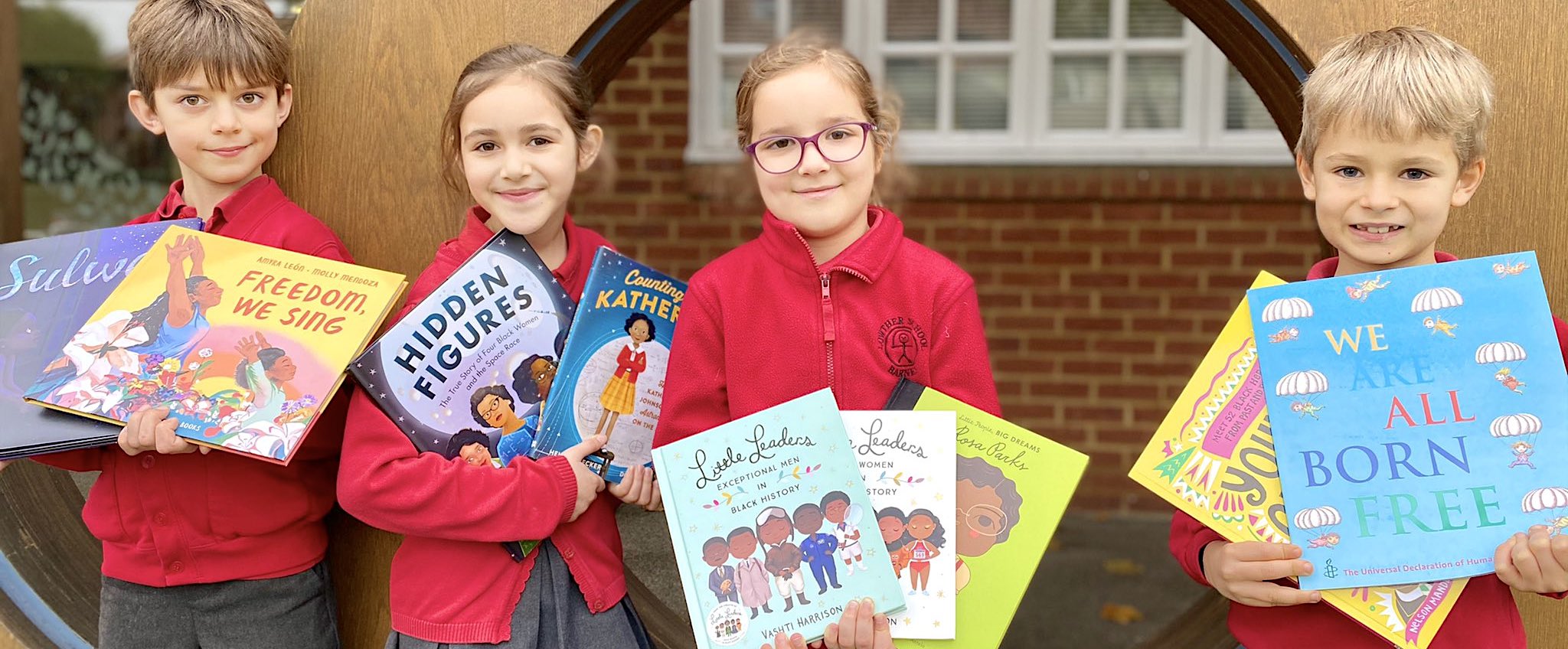 |
| The Lowther Reading Spine PDF |
We aim to foster a love of spoken and written language in our children that will stay with them for a lifetime. We strive to ensure that they are skilled and enthusiastic readers, who read for pleasure as well as to learn, and seek to develop their writing skills in a wide variety of forms.
We use a phonically decodable scheme to support children's reading and development. The scheme is Oxford Owls Word Sparks- these books are used in Early Years and Key Stage 1. Most children then move on to the Oxford Owls Treetops scheme in Year 3 and 4. We've also recently developed 'The Lowther Reading Spine'. A core of books which will create a living library in children's minds. Working together, children, parents, carers and staff will use the spine to ensure that Lowther's pupils are introduced to a wonderful selection of high-quality books during their journey through the school. Teachers from each year group have chosen key texts which will inspire, excite and motivate children as readers. Whether they are reading a story independently, listening to an adult read to them, studying a book in class or reading in a small group, our children will find that the books of the Reading Spine have been chosen to fire their imagination and foster a love of reading that will help them throughout their lives (Please click here or just above this section to view/print the reading spine). We teach English through dedicated lessons, drama, guided reading sessions and regular work on grammar, spelling and handwriting. The discrete English lessons have slightly different formats depending on the age and stage of the pupils. To view some examples of our practical work in this subject area please click here
| ||||
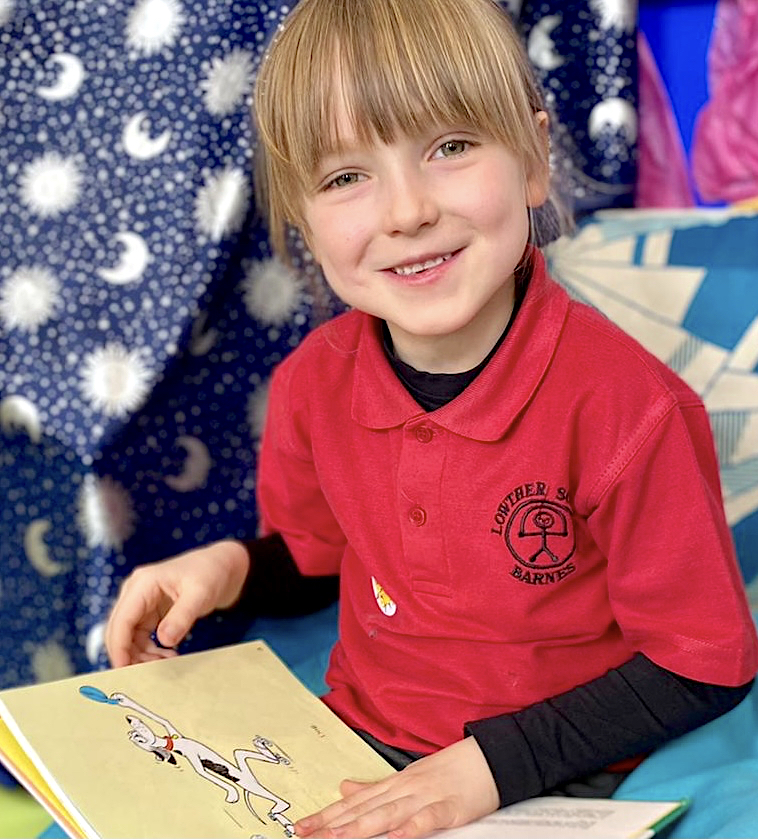 |
||||
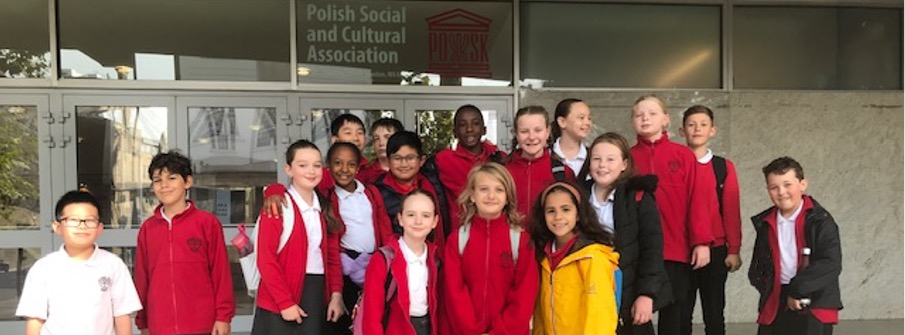 |
|
Geography is taught using a variety of ways to ensure children gain a curiosity and knowledge about places and humans impact on the world. Children learn about how physical and human features can affect the environment in different ways. Fieldwork is an important part of Geography and where possible, children are given opportunities to take part in 'hands on' activities.
To view some examples of our practical work in this subject area please click here | ||||
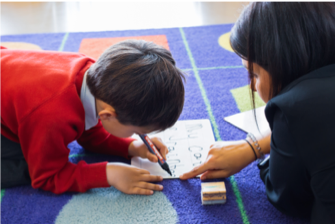 |
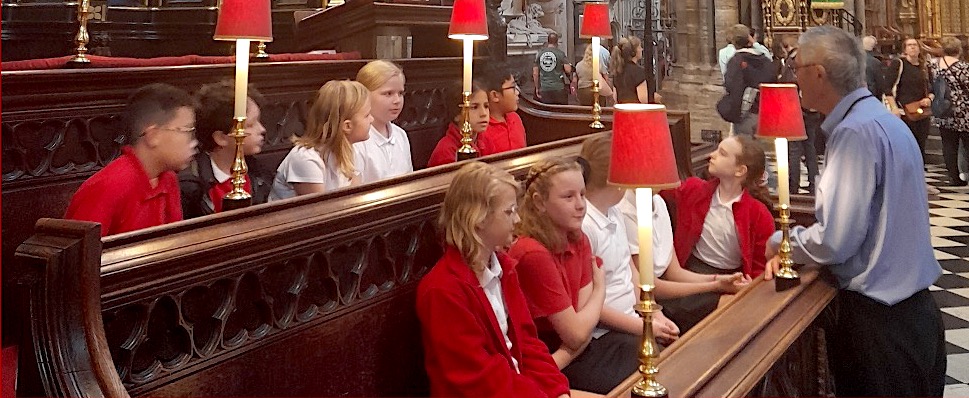 |
History is taught using a variety of methods so children gain a sense of knowledge and chronology about the past. They ask questions, investigate, enquire and use this understanding to demonstrate how lives have changed over time, due to significant people and events. To view some examples of our practical work in this subject area please click here | ||||
 |
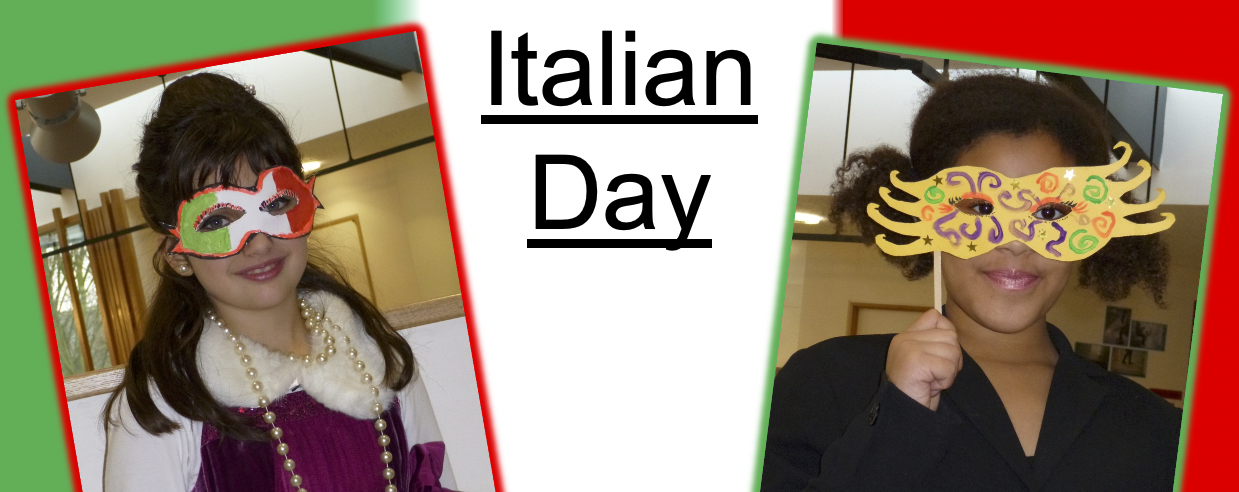 |
(Modern Foreign Languages) |
An appreciation of both the country and the culture of our chosen language (Italian) is a key part of teaching MFL at Lowther. Italian is taught once a week by a specialist teacher but children are encouraged to practise their language skills on an on-going basis. To view some examples of our practical work in this subject area please click here | ||||
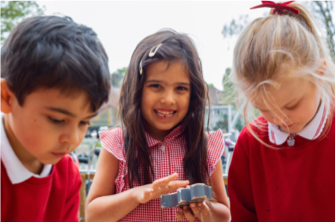 |
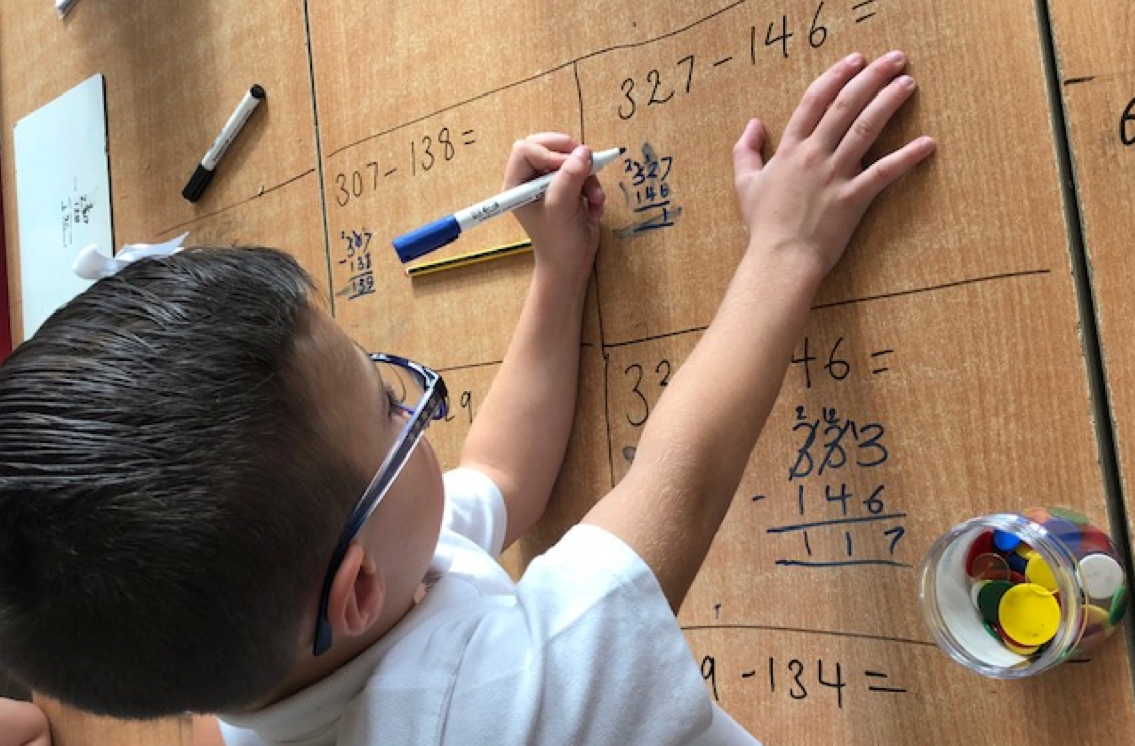 |
|
At Lowther, we have adopted a Maths Mastery approach to teaching. This enables pupils to develop a deeper and more secure understanding of mathematical processes and concepts. In Mathematics we aim to ensure that all children:
Our Maths calculation policies are all available for download here To view some examples of our practical work in this subject area please click here
| ||||
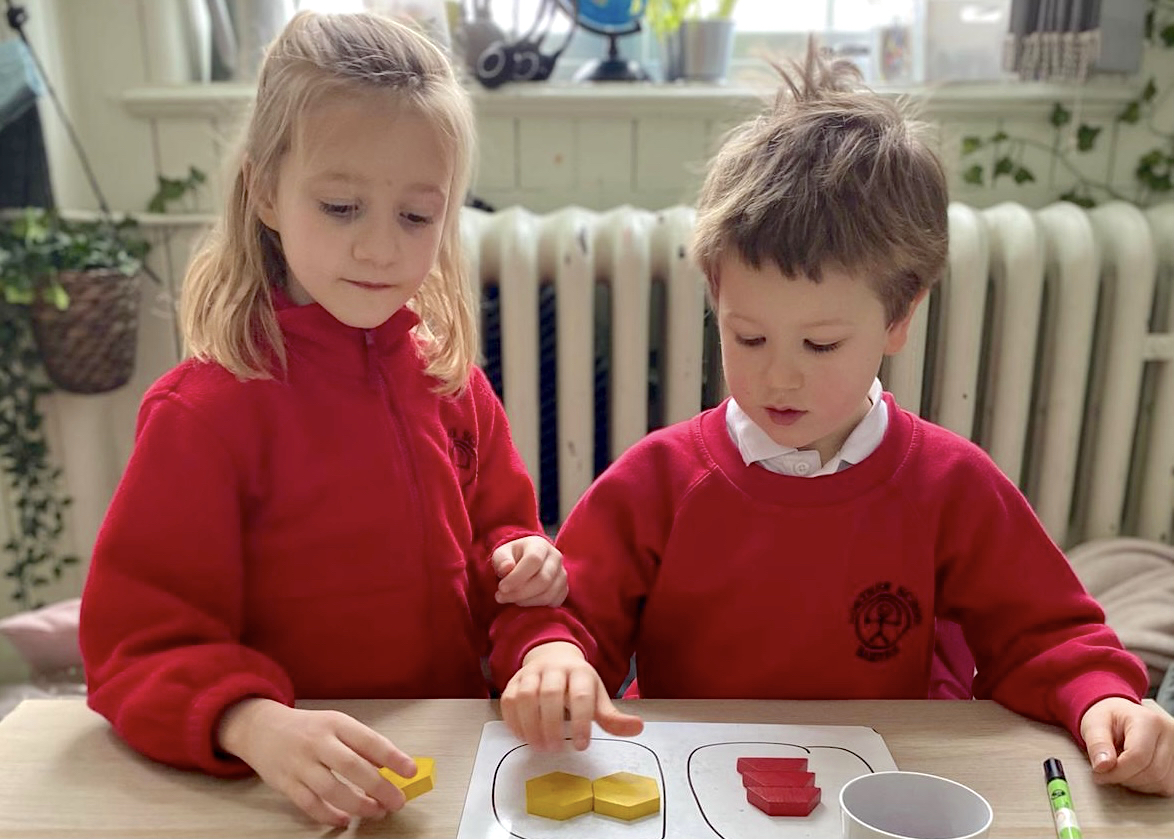 |
||||
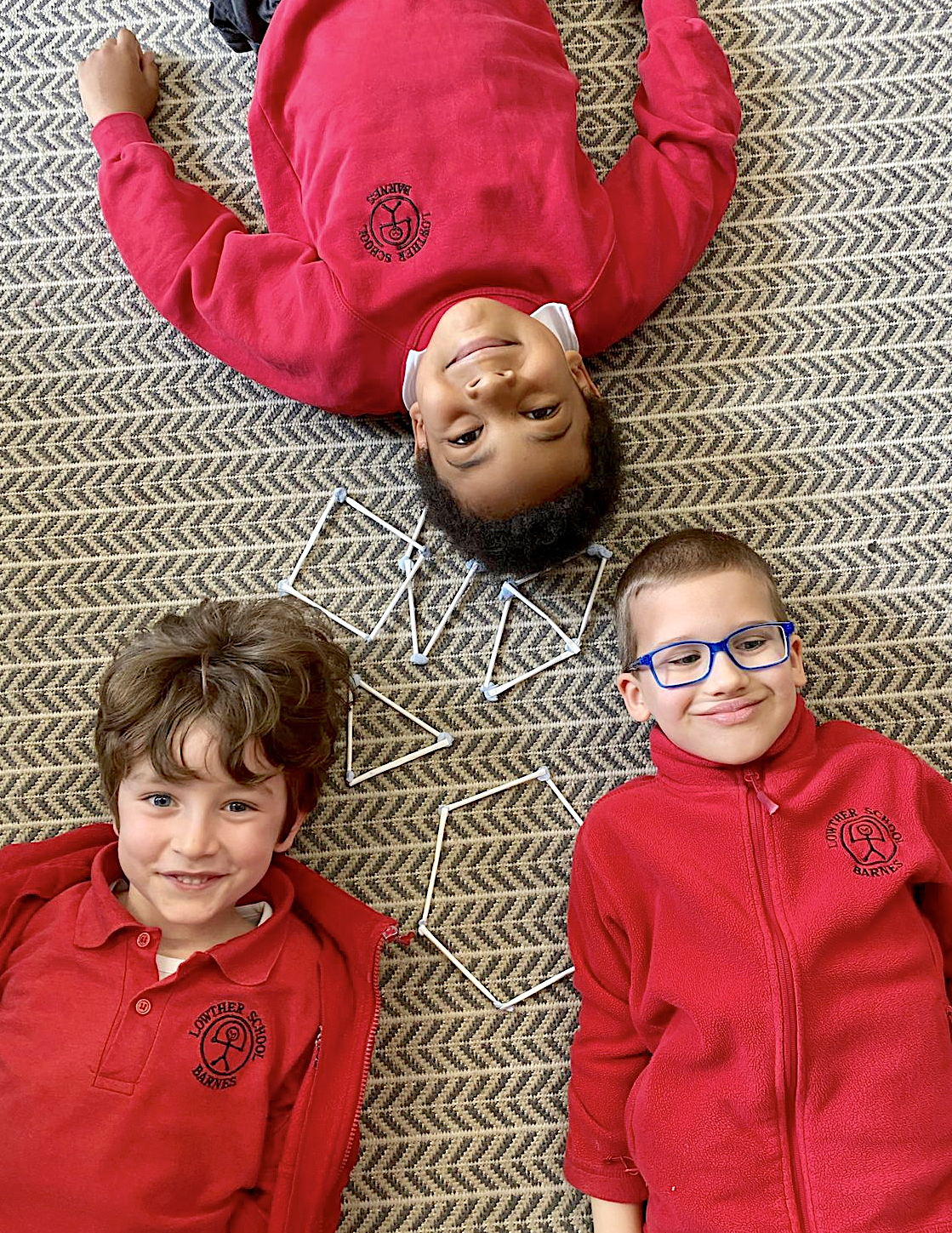 |
||||
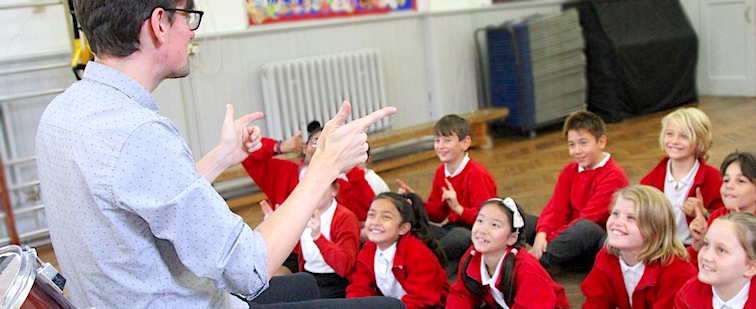 |
||
|
At Lowther School each child from the foundation stage to year 6, is given regular opportunities to express themselves musically and to develop their skills, knowledge and confidence in making music. This comes in many forms, from lessons with our dedicated music teacher, to our involvement with the Richmond Music Trust's Wider Opportunities program, and many other cross-curricular links in between. Our curriculum ensures that throughout the year children experience a wide range of musical learning in: singing, playing instruments (untuned rhythm instruments such as the tambour or the cabasa, or tuned, such as the ukulele and flute), improvisation, composition of their own songs and transposition of their musical ideas into a written form. The school choir is a key element of extra-curricular music and performs at the esteemed annual RMT Singing Festival. With additional events including a Christmas song service, Lowther's Got Talent and the 'Lowther-Fest' summer term concert which showcases our children's love of music, Lowther School is abuzz with sound all year 'round. To view some examples of our practical work in this subject area please click here
| ||||
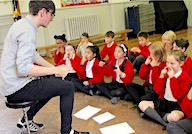 |
||||
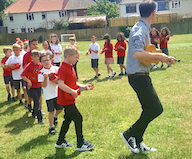 |
||||
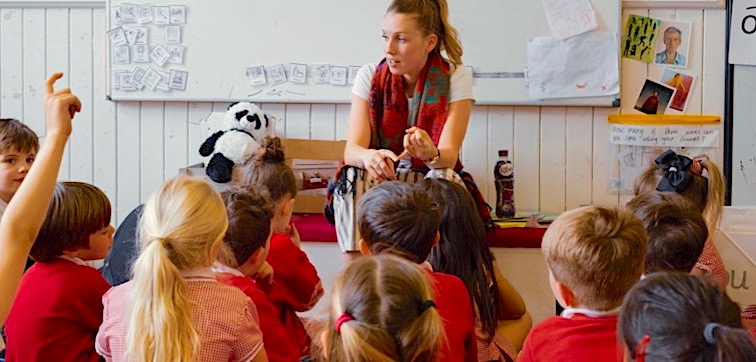 |
|
At Lowther we teach Phonics on entry into the Foundation Stage. We strive to ensure that all children become successful, fluent readers by the end of Key Stage one and believe this is achievable through a combination of high quality, discrete phonics teaching combined with a whole language approach that promotes a 'Reading for Pleasure' culture. Teachers use their skills to deliver high quality engaging phonics lessons from Nursery to Key Stage 1 through the 'Essential Letters and Sounds' programme. |
||||
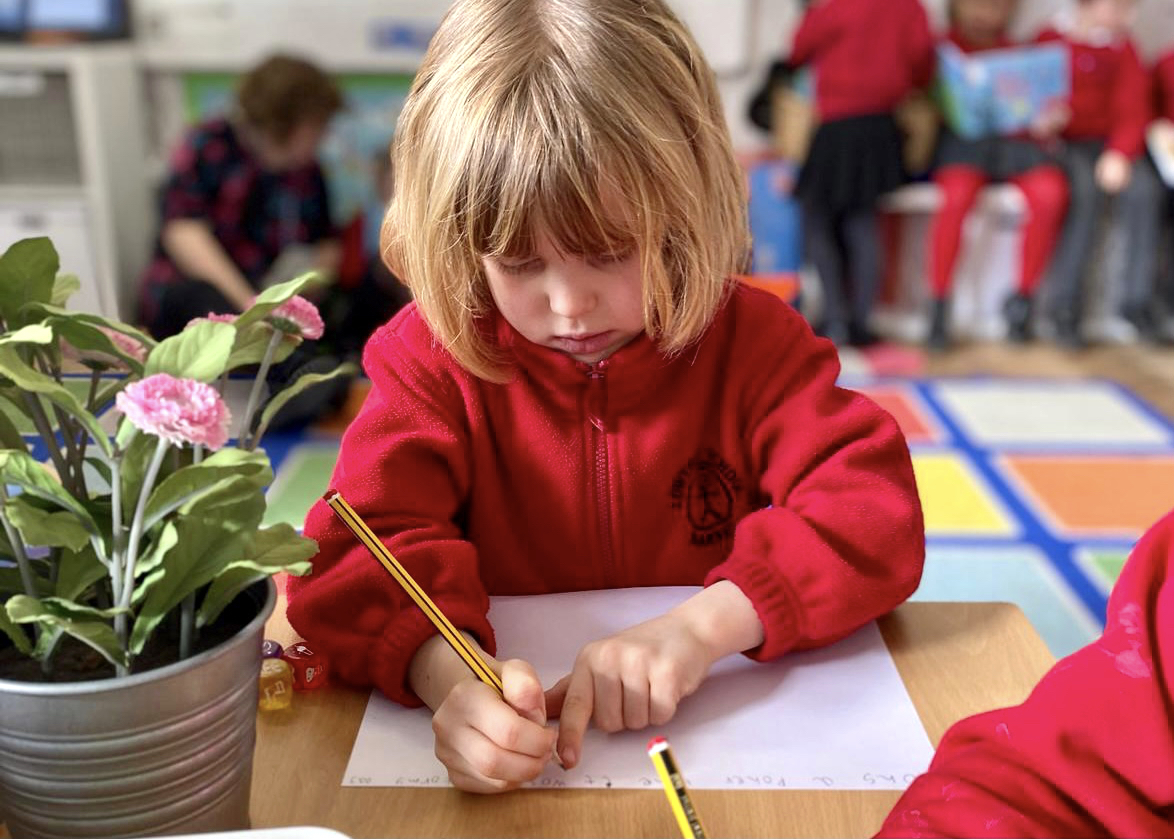 |
||||
|
To view some examples of our practical work in this subject area please click here |
|
More details of our phonics programme are available to view/print/download here |
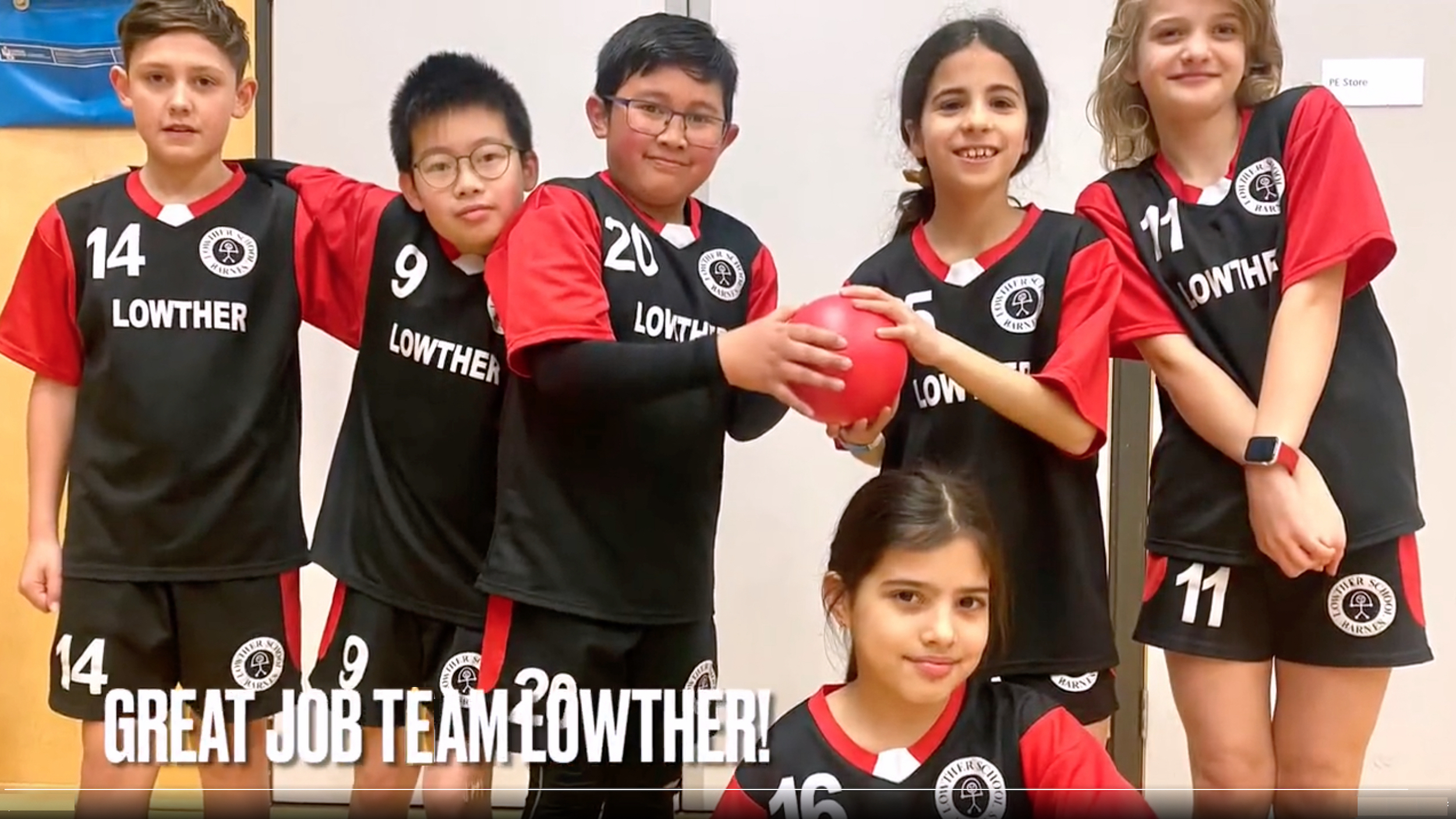 |
|
We are committed to ensuring that all pupils receive high quality, well planned PE, delivered by confident and well trained teachers. We aim to engage and inspire all pupils to learn new skills, be confident and enjoy sports at our school. We employ a range of sports coaches to help us to achieve this aim. Children are offered a varied selection of sports at Lowther and includes football, swimming, netball, dance, table tennis, gymnastics and basketball. Children leave the school equipped to enjoy sport for all its health and social benefits. For those who relish the competitive element, they gain the skills, confidence and relevant experience to succeed. To view some examples of our practical work in this subject area please click here
|
||||
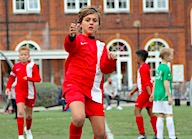 |
||||
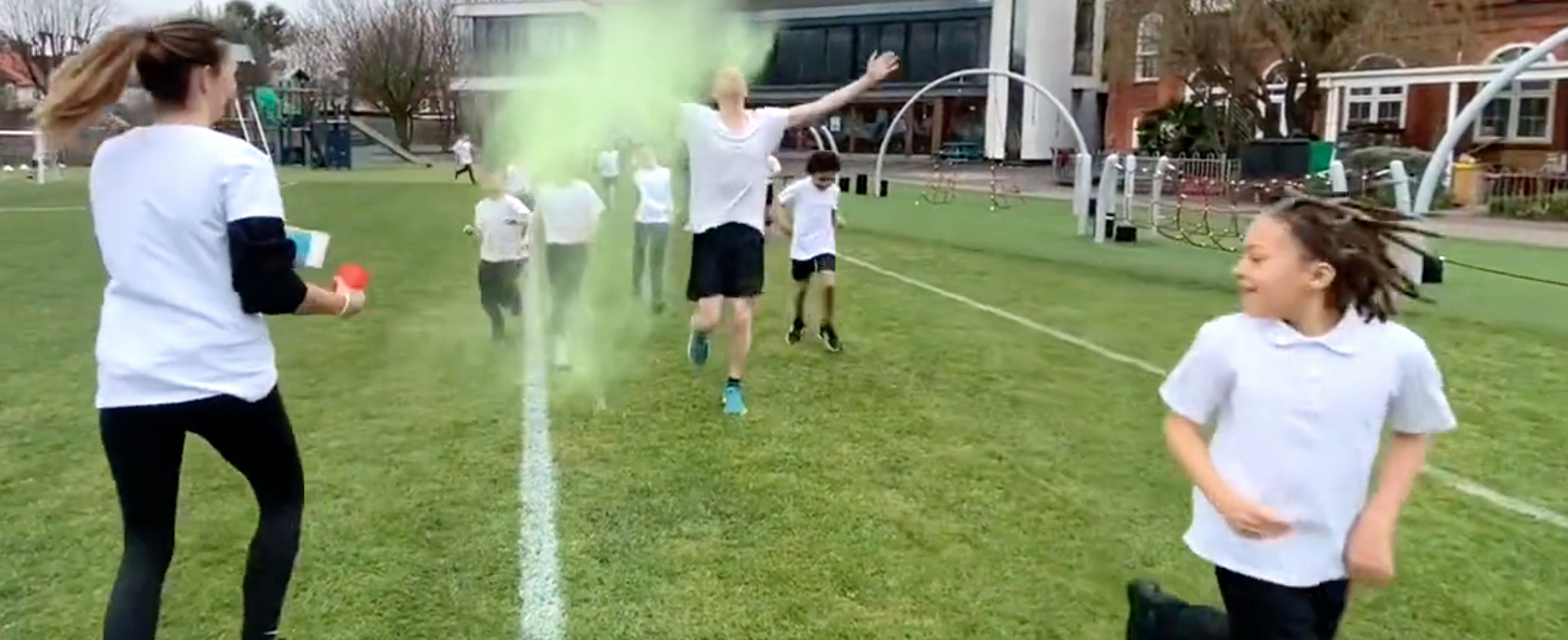 |
|
Personal, Social, Health Education (PSHE) and Citizenship are integral parts of our school curriculum. We believe that the personal, social and health development of each child has a significant role in their ability to learn. We value the importance of PSHE in preparing children for the opportunities, responsibilities and experiences of their next stage of schooling and life. In addition we believe that a child needs to learn about the many emotional aspects of life and how to manage their own emotions. Our overarching aims and objectives for our pupils are to provide them with a broad and balanced curriculum that promotes spiritual, moral, cultural, mental and physical development of our children and of society. Lowther enables pupils to develop the knowledge, skills and attributes that they need to keep themselves healthy and safe, and helps prepare them for life and work in the modern world. The curriculum aims to develop the skills and attributes such as resilience, self-esteem, risk-management, team work and critical thinking. In addition to this, each year group covers an age appropriate RSE (Relationship and Sex Education) unit. Our PSHE lessons promote the fundamental British Values of democracy, the rule of law, individual liberty, mutual respect and tolerance of those with different faiths and beliefs and for those without faith. At Lowther we recognise that a healthy school is one that is successful in helping pupils to do their best and build on their achievements. It promotes physical and emotional health by providing accessible and relevant information and equipping pupils with the skills and attitudes to make informed decisions about their health. Our PATHS (promoting alternative thinking strategies) programme, delivered alongside input from Barnardos, provides our children with the opportunity to think and learn about responsibility, choices and alternative thinking strategies for real life problem solving. To view some examples of our practical work in this subject area please click here
|
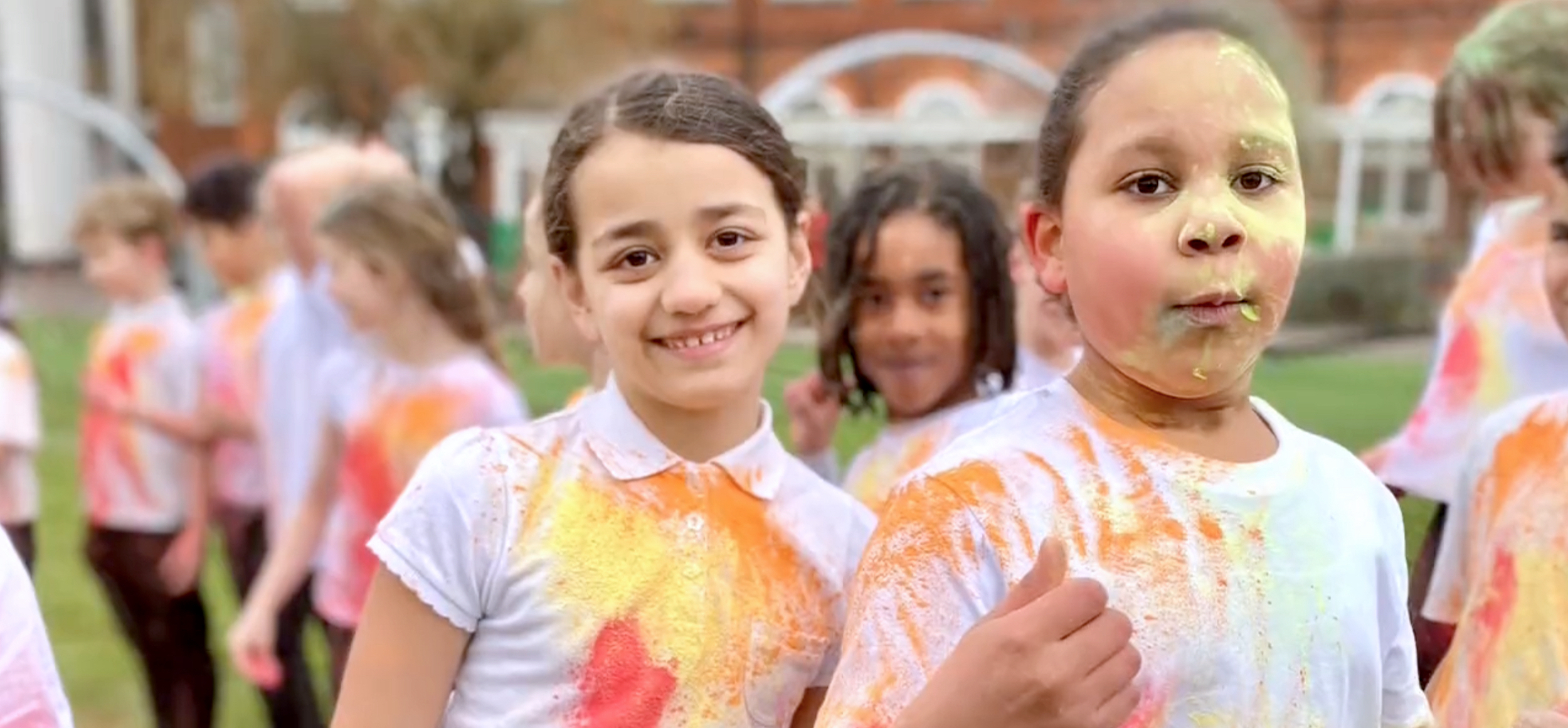 |
|
Lowther pupils are encouraged to share their religious beliefs and customs to celebrate the school's cultural diversity. Religious Education (RE) is taught discretely in class as well as through reflection time during assemblies. The children are given the opportunities to learn about the different religions of worship in the UK: Christianity, Islam, Hinduism, Judaism, Buddhism and Sikhism. We use the Local Authority's Agreed Syllabus for Religious Education as the basis for the delivery of RE lessons. Children's learning is enhanced by visits to religious places of worship. We welcome visitors from all cultural and religious backgrounds to share their stories with the children in assemblies and workshops. We work with our local church to provide opportunities for collective worship and celebration at key points in the Christian calendar. As part of our commitment to British Values, we foster a respect for people of all religious faiths and for those who do not identify with a specific religion. At Lowther, we offer daily collective worship which we call 'Positive Reflection'. It is a time for the children to come together to share our values, raise a positive and kind mentality to support all the staff and children to be part of our Lowther Family. In these sessions, we are always mindful of the backgrounds, cultures, religious and non-religious beliefs of the children and staff in our school. To view some examples of our practical work in this subject area please click here |
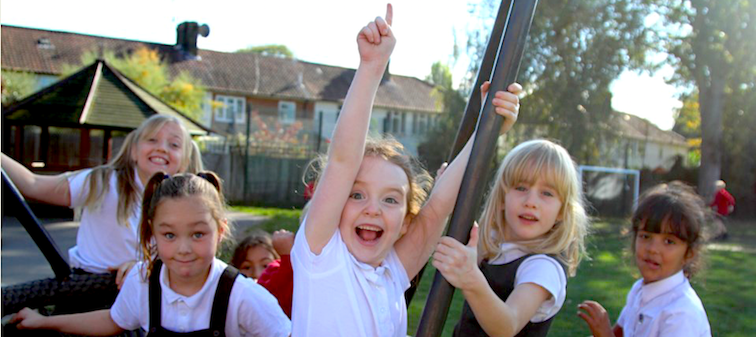 |
|
Science is a vibrant subject at Lowther Primary School about which we are incredibly passionate. Children have lots of questions about the world around us and we aim to provide them with the necessary core scientific knowledge and investigative skills to answer their questions about those processes. At present, our curriculum provides a rich variety of topics that cover all the core scientific disciplines and contexts that the children can relate to their everyday lives. Children explore and learn in Science through a variety of investigative skills, engaging and becoming more familiar with each of the elements of different scientific methods as they progress through the school. These include skills such as generating their own lines of enquiry, making predictions, analysing results, observing changes over time, collecting results in a variety of ways, drawing conclusions from their observations and evaluating their own method and the reliability of their results. Underpinning this is an emphasis on children actively participating in their own practical investigations and experiments, utilising the classroom, wider school environment and the local environment and community. To view some examples of our practical work in this subject area please click here
|
 |
